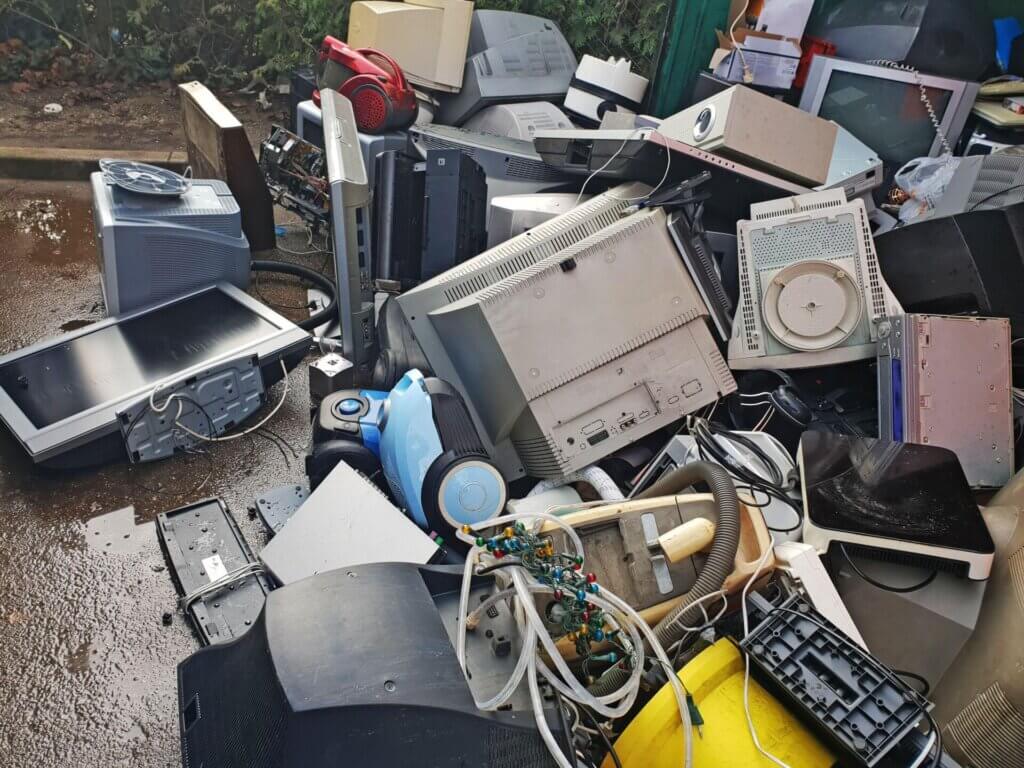TUVALU: The New Atlantis
Written by Lirael McKenzie on 6th December 2023
Opinion
COP28 has got off to a flying start in Dubai with some highly regarded commitments from the wealthy nations to support the climate challenges being faced by the developing world. Getting consensus from these worthy world leaders is an achievement for sure, but what does it actually mean to those at ground zero of climate change?
Tuvalu is a small island nation in the Southern Ocean, 5,000km north east of Australia. If you have even heard of it, very likely as it’s one of the more obscure answers in Pointless. They are an independent nation of 11,ooo people, which is smaller than the size of my local town, Ashington. Tuvalu has its own distinct culture and industries, its own parliament, and its own uncertain future. At just two metres above sea level, it already has the sandbags on hand to be sunk in the waves of the climate crisis.
The Paris Agreement commitment to keep sea temperature at 1.5 degrees above its present rate will be 1.4 degrees too high for Tuvalu. Already it faces losses in land mass that leaves the island as a narrow but beautiful strip of land that is maintained by its people. How long though can it survive against the ever-rising waves that annually swamp and eat away at the ever-decreasing borders?
The fact is it can’t survive. Even now there are talks in conference rooms about how to preserve the culture by moving it en masse to some more secure nation, maybe Australia. But how long then can a culture survive as it is absorbed and diluted by a larger society? How long before the distinct islander culture becomes a side show for tourists? How long before this nation becomes a banner to reflect sadly about, (perhaps even as early as COP70 or COP80), as a failure to tackle the climate crisis? How long before Tuvalu becomes a mythic place that once was and becomes an even more obscure answer on Pointless?
The COP conferences have been happening since 1995. Twenty-eight years have seen the photographs of the world leaders signing up to commitments that will change and preserve the future. At COP28, we see the ironic “success” of the wealthy nations committing to paying towards repair and response to climate-related disasters. There is no repair for Tuvalu, a culture, a land, a nation literally swamped by the waves of a rising sea.







